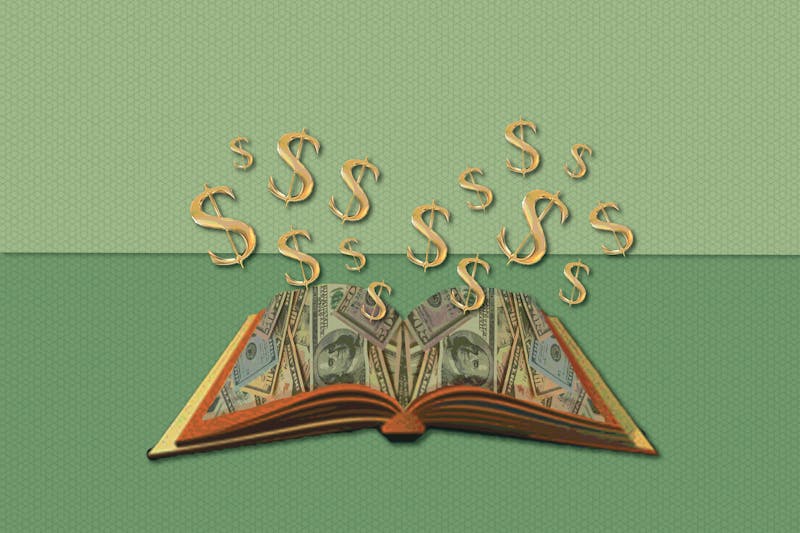This past month, I’ve been preparing for my upcoming summer job. While filling out the onboarding paperwork, I have come face-to-face with a harsh reality: my knowledge about finances is severely lacking.
The most financial literacy instruction I was given in primary school was how to fill out a check, an increasingly obsolete skill. We also played a budgeting game, although that was exceedingly lacking in nuance.
I have had jobs in the past, and this wasn’t my first time encountering W-2 forms or scrolling through the IRS website to figure out what I needed to fill out and where. However, this time, my parents weren’t there to help me. As it turns out, my financial literacy skills are terrible.
I recognize that this is a privileged position in which I find myself. Many students, I’m sure, have been figuring out their own finances for years. However, I also know I’m not alone. In a 2019 survey of around 30,000 college students, only 53 percent of respondents said they felt prepared to manage their money properly.
As college students, many of us are living away from home for the first time and encountering financial tests we have not faced before. Unfortunately, many of us are woefully unprepared.
College students, in particular, would benefit from a course in personal finance. When entering the world of credit cards, taxes and student loan debt, knowledge of how to handle these new challenges is vital to financial health. Making wise financial choices sets students up for success.
Many students take out loans to pay for school. At UNC, during the 2021-2022 academic year, 20 percent of students who received financial aid received it as a loan. In North Carolina as a whole, college students graduate with an average of $29,681 in student loan debt. While most college students are acutely aware of the cost of a college education, taking on so much debt so early in life without knowing how to handle it is often detrimental.
Additionally, educating students about finances would prepare them for post-graduation jobs. When we are thrown into a world of financial jargon — various tax forms, investments, banking — and lack information on how to handle it, we are set up for failure.
Today’s young people face financial anxiety at higher rates than past generations. In one survey, 52 percent of young adult respondents reported concerns about not having enough money, and 39 percent were afraid of making the wrong choices with it. Providing people with more robust financial literacy programs would alleviate financial anxieties.

